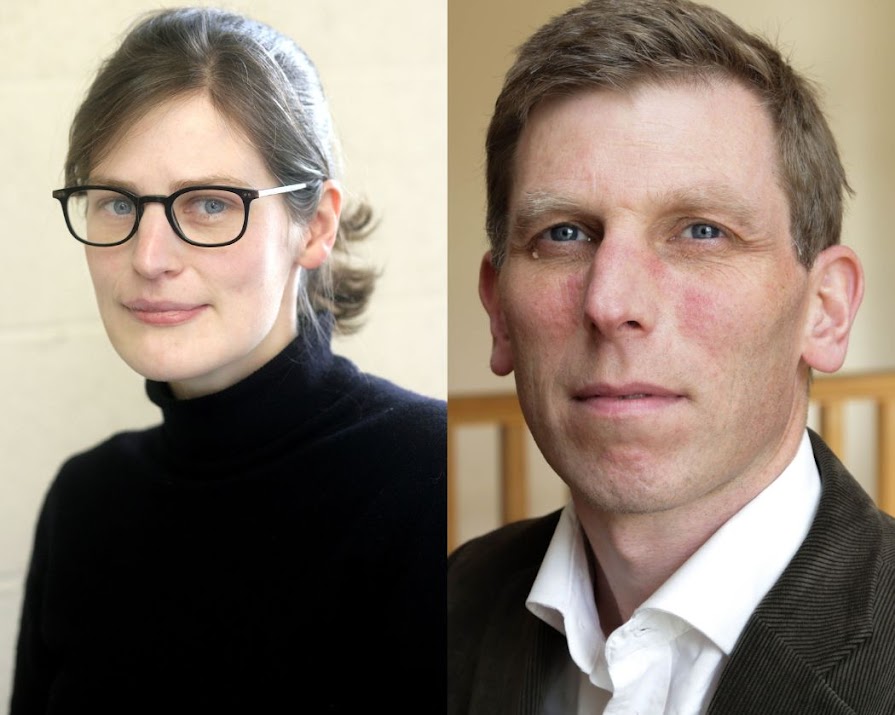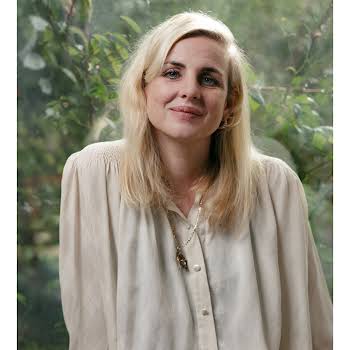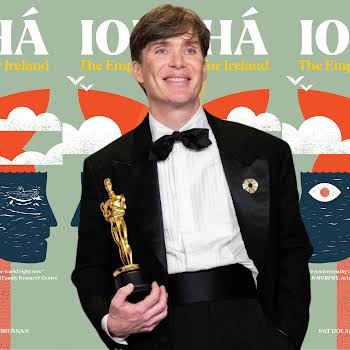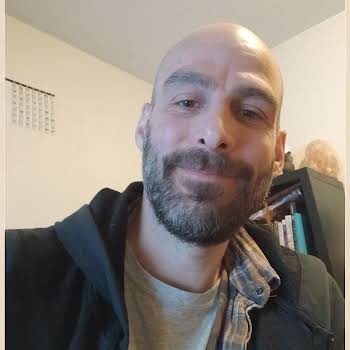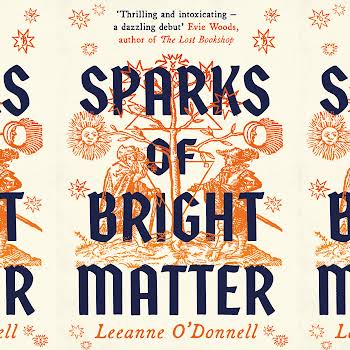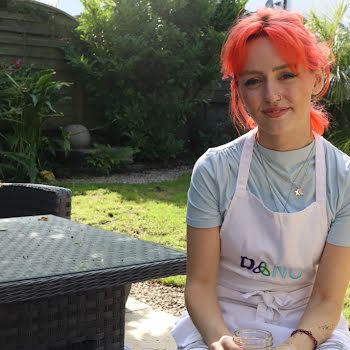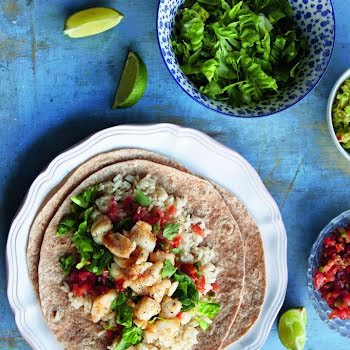Author’s Bookshelf: Anne Dolan and William Murphy on becoming Michael Collins biographers
By Sarah Gill
17th Sep 2022
17th Sep 2022
Biographers Anne Dolan and William Murphy share a glimpse into the behind-the-scenes process of weaving together the diaries of Michael Collins, and publishing ‘Days in the life: Reading the Michael Collins Diaries 1918-1922’.
Earlier this week, we shared an extract from Days in the life: Reading the Michael Collins Diaries 1918-1922, and today we’re catching up with the authors to hear all about how their experience of reflecting on these diaries has changed what we know about this revolutionary, soldier and politician.
From their first fancies of becoming writers to book recommendations and quirky writing habits, Anne Dolan (AD) and William Murphy (WM) open the doors of their at-home offices to share the innerworkings of Michael Collins biographers.

Did you always want to be a writer/author?
WM – For as long as I can remember, I’ve loved reading and history. The urge to write came first, to write history later.
AD – I think I wanted to write fiction but did not have the courage.
What inspired you to start writing?
AD – As historians of modern Ireland we are hugely fortunate with the range and quality of archival records available to us, and they always inspire.
Tell us about your writing process.
AD – Most of the time is spent on research and preparation – then the writing comes quickly.
WM – The first two elements; then I’m slower than Anne.

Where did the idea for this book come from?
WM – It started with the source – the Michael Collins diaries – and an invitation to Anne and me from the National Archives of Ireland to write something that would introduce these to the public.
AD – From there, it was a matter of reading the source, talking it through over lots of tea and coffee, and trying to find a structure that we hoped would work.
What did you learn when writing this book?
WM – That sometimes it is stimulating to write under certain constraints. In this case we were limited in at least three ways: first by the laconic nature of the source (which forced us to be creative), second that this had to be a short book, and third that we needed to write it quickly.
AD – The other lesson was the value of working in a team. We were writing and identifying images, but right from the beginning, the book was being co-created with the archivists and staff at the National Archives of Ireland and the designers at New Graphic, especially Dave Garavin. If the book is a success, then the intense collaboration was one of the essential factors.

Three words to describe your writing process:
AD – Worry – Procrastinate – Begin
WM – Dither – Write – Rewrite
Do you have any quirky habits when writing?
AD – Not that I am aware of – but I’m sure there are some.
WM – Biscuits?
The first book you remember reading is…
WM – I can’t remember the early children’s books I read, but I do remember getting Five on a Treasure Island as a Christmas present.
AD – There were lots of Enid Blyton ones but I definitely remember The Hound of the Baskervilles.

Your favourite Irish author is…
AD – Frank O’Connor
WM – John McGahern
The book you gift everyone is…
WM – This changes all the time. Right now, it is Olive Kitteridge by Elizabeth Strout. It is an amazing combination of craft and character construction.
AD – As a recipient of said book, it is an excellent choice.
Do you listen to music when you write?
WM – Mostly no: classical or jazz in the background can help but I find vocals too distracting.
AD – It is always silence for me.
The best money you ever spent as a writer was on…
AD – My spectacles.
WM – Typing classes.
A quote you love is…
WM – ‘The cold passed reluctantly from the earth, and the retiring fogs revealed an army stretched out on the hills, resting.’ It is the opening of Stephen Crane’s The Red Badge of Courage. It is, I think, a perfect sentence.
Do you find it hard not to procrastinate when writing?
AD – Yes – a blank page makes all sorts of things seem very urgent.
WM – Me too, which was why this book was a pleasure to work on: procrastination was not an option.

How do you use social media as an author?
AD – I’m a bit bewildered by social media, so I don’t use it.
WM – I use Twitter: I try to tweet about work only and sometimes fail.
Three books everyone should read:
AD – Virginia Woolf, Mrs Dalloway; Gustave Flaubert, Madame Bovary; John Le Carré, Tinker, Tailor, Soldier, Spy
WM – F. Scott Fitzgerald, The Great Gatsby; Richard Ford, The Sportswriter; Jeanette Winterson, The Passion
The three books you’d bring to a desert island are…
WM – This is impossible but if you are forcing me to choose, I’d bring a novel, Peter Carey’s Oscar and Lucinda; a history book, Drew Gilpin Faust’s This Republic of Suffering: Death and the American Civil War; and Anton Chekhov’s Collected Short Stories.
AD – E.M. Forster, A Room With a View; George Eliot, Middlemarch; James Joyce, Dubliners
Seeing your book in shops is…
AD – A mixture of wonderful and terrifying. It’s too late to change it now.
The best advice you’ve ever gotten is…
AD – Always keep a copy.
WM – That’s terrible advice. My office is proof.
‘Days in the life: Reading the Michael Collins Diaries 1918-1922’ by Anne Dolan and William Murphy is on sale now.











